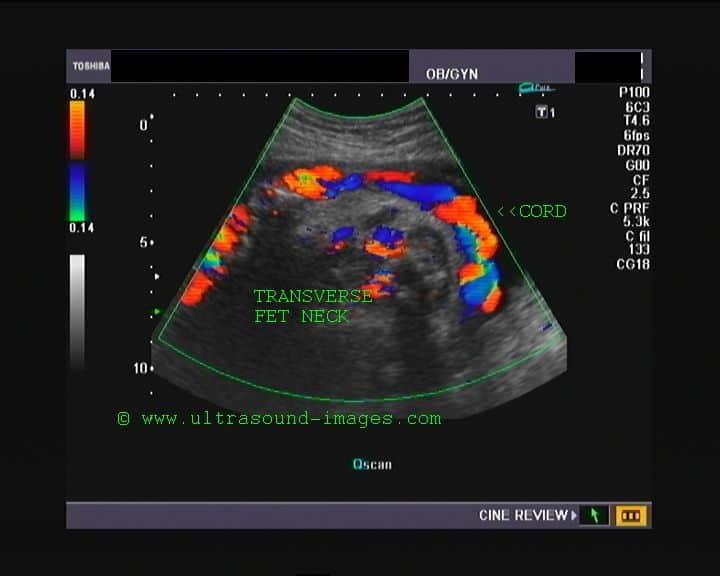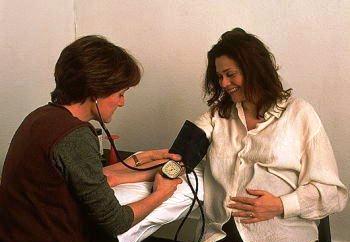By Lindsey Wimmer, MSN, CPNP
My family is a huge fan of the show Mythbusters. If you haven’t seen it, this group of  scientists/engineers/mathematicians/Hollywood stunt men find common myths in our society and test them to see if they are true, false, or possible. I’m continually impressed by the amount of effort they put into their experiments, but also by the types and number of myths they find.
scientists/engineers/mathematicians/Hollywood stunt men find common myths in our society and test them to see if they are true, false, or possible. I’m continually impressed by the amount of effort they put into their experiments, but also by the types and number of myths they find.
Myths are everywhere. On the internet alone, there is so much information available that it is often hard to recognize what is legitimate and what isn’t. If you start adding in all the books, magazines, blogs, social media, friends, family, etc offering advice, it can get out of control. If you add all those opinions and thoughts to an already mystical experience, like pregnancy, it can be overwhelming.
 When I was pregnant with my first child, I was often hesitant to mention anything or ask any questions about experiences I was having. I didn’t want to appear stupid for not knowing something that “everybody” knows. There are also those times during pregnancy when mentioning a symptom (or lack thereof) to another mother can create lots of ridicule and harsh words. Then, of course, there is the unwanted advice that often follows such comments. So I was left to try to figure out the best answer I could on my own. Not the best approach, but I know many other people who have done the same.
When I was pregnant with my first child, I was often hesitant to mention anything or ask any questions about experiences I was having. I didn’t want to appear stupid for not knowing something that “everybody” knows. There are also those times during pregnancy when mentioning a symptom (or lack thereof) to another mother can create lots of ridicule and harsh words. Then, of course, there is the unwanted advice that often follows such comments. So I was left to try to figure out the best answer I could on my own. Not the best approach, but I know many other people who have done the same.
When I look back on that now, I realize that some of that advice I received or the assumptions I made on my own were wrong or at least exaggerated. All these ‘myths’ add to the difficulty of identifying pregnancies that may be at risk. Here are some of my favorites…
You’re not supposed to sleep well when you’re pregnant. 
- It made sense to me that with all the changes in my body and my ballooning midsection, it would be difficult to rest well. My husband and I even joked that it must be nature’s way of preparing us for those sleepless nights with a newborn. Only recently have I learned that poor sleep could be a problem during pregnancy. I started talking to other moms and realized that many of them DID sleep very well, but would never have told anyone because they also didn’t think that was normal.
Babies slow down during the end of the pregnancy.
- I heard this from several people during all of my pregnancies. At first it made sense to me because there was less room. However, if I thought a bit further, it would also make sense that the baby is that much stronger and I should be feeling even the little movements more than I had before. This is a common thought that has been passed down for generations and even has been accepted by many health care providers. I now know that any change in baby’s behavior or movement warrants asking a few questions.
- Throughout each of my pregnancies, I was given “praise” by the doctors and nurses for having such wonderful, low blood pressure. I was told over and over how dangerous high blood pressure is, but not low. In fact, most health care providers don’t give a second thought to low blood pressure. But now, new studies are starting to show that it may be a problem – particularly if combined with other issues that compromise blood flow. It makes sense to me now that low blood pressure would make it harder for blood to go through the placenta and cord to my baby – but it didn’t occur to me when I was basking in my good report!
 The umbilical cord gets wrapped around the baby’s neck all the time and doesn’t cause a problem.
The umbilical cord gets wrapped around the baby’s neck all the time and doesn’t cause a problem.
- Unfortunately, too many of us have learned the errors of this statement the hard way. However, it continues to be a common phrase. True, sometimes it does turn out ok, but that doesn’t mean that it isn’t a problem. Any mother who is given this response would like to be relieved and think it isn’t a concern. However, that false sense of security is even more harsh when a problem does occur. In addition, it implies that cord issues don’t ever cause problems – an even larger empty promise.
These issues and many, many more are currently being researched by some brilliant people around the world – and I couldn’t be more grateful for them. While I would like nothing more than for one of them to find the magic answer to stillbirth prevention, I am thrilled for the moment that they are at least looking. The most exciting part to me is that they are looking in places where common myths and beliefs have told us there isn’t a problem. We may be on the verge of incredible information simply because people decided to start testing these myths.
Maybe if we get a few more “mythbusters” in health care research, we will learn more than we thought was possible!
Please leave us a comment with your favorite myths about pregnancy – maybe it will lead to a new study!
==========================================================================================
About the author:
 Lindsey Wimmer, a Pediatric Nurse Practitioner, is Mom to four children; Garrett, stillborn in 2004, Grant, Bennett and Austyn. Lindsey and her husband Trent founded the Star Legacy Foundation shortly after Garrett’s birth when realizing that the numbers of stillbirths in the US were staggering and that very little was being done to determine the causes or find prevention initiatives. Visit the Star Legacy Foundation to learn more.
Lindsey Wimmer, a Pediatric Nurse Practitioner, is Mom to four children; Garrett, stillborn in 2004, Grant, Bennett and Austyn. Lindsey and her husband Trent founded the Star Legacy Foundation shortly after Garrett’s birth when realizing that the numbers of stillbirths in the US were staggering and that very little was being done to determine the causes or find prevention initiatives. Visit the Star Legacy Foundation to learn more.

2 Comments
“Babies are the right size for their mothers”
I was told this after an ultrasound that showed my son to be ‘On the small side’, it wasn’t investigated any further. Two weeks later he had passed away inside me, virtually starved to death, by an undetected blood clotting issue that restricted placenta growth and therefor his nutrition.
Wow, I love your writing voice. It’s original compared to a large number of other writers that author on the world wide web.